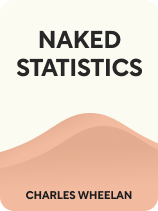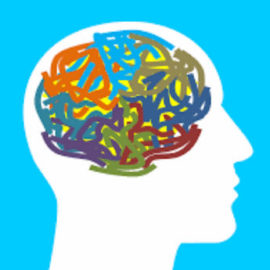

This article is an excerpt from the Shortform book guide to "Naked Statistics" by Charles Wheelan. Shortform has the world's best summaries and analyses of books you should be reading.
Like this article? Sign up for a free trial here .
What is recall bias in research methodology? Why is self-reporting unreliable as a data-collection method?
Recall bias is a major problem in studies where data is collected through self-reporting. Because human memory is not like a tape recorder, our recollection of the past is unreliable. There are significant psychological influences on how a memory is recollected (e.g. the personal meaning we’ve assigned to the events).
Keep reading to learn about recall bias.
Recall Bias
In research, recall bias happens when we ask people to give us data on the effect of a treatment or event retroactively. The challenge with obtaining reliable data from the past is that memory is not static. When we try to recall data from the past, our memory will be influenced by the meaning and emphasis our mind has placed on the event.
For example, a person who fails calculus in college might be more likely to report that they “have always hated math,” even if they enjoyed math classes in high school, because their negative experience in college calculus is affecting their memory of prior classes.
Information Bias
Recall bias falls into a category of bias called information bias, which includes interviewer (also known as observer) bias. As Wheelan explains, in recall bias people’s own knowledge of their status (such as whether they have a certain disease) impacts their memory of events they associate with that status. Wheelan uses the example of people who receive a cancer diagnosis recalling unhealthy lifestyle choices (and likely forgetting the healthy ones).
Similarly, in interview or observer bias, the researcher’s knowledge of a person’s status impacts the data they collect on that person. For example, a researcher who knows a person has cancer may probe harder for memories of exposures associated with that type of cancer than they would for someone who is cancer-free. Differential data collection based on an observer’s knowledge of research subjects biases study results.
“Blinding” is a research term that can help address observer bias in clinical trials. It refers to the concealment of information from one or more individuals involved in a study. In a single-blind study, participants don’t know if they are receiving the treatment or a placebo. In a double-blind study, neither participants nor researchers know who is in the treatment or control groups. In a triple-blind study, neither participants nor researchers nor data analysts know who is in the treatment or control groups. Blinding observers and analysts can help ensure that all data is treated equally and can reduce information bias in research findings.

———End of Preview———
Like what you just read? Read the rest of the world's best book summary and analysis of Charles Wheelan's "Naked Statistics" at Shortform .
Here's what you'll find in our full Naked Statistics summary :
- An explanation and breakdown of statistics into digestible terms
- How statistics can inform collective decision-making
- Why learning statistics is an exercise in self-empowerment






